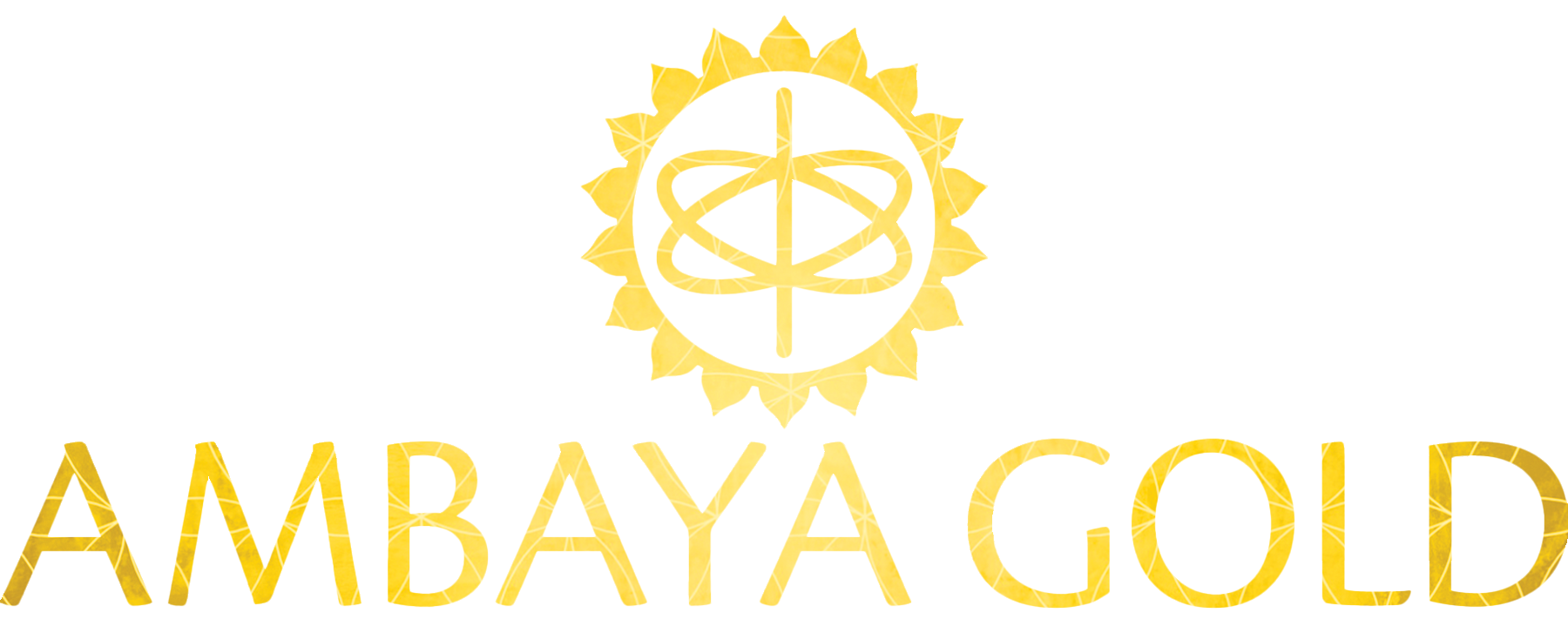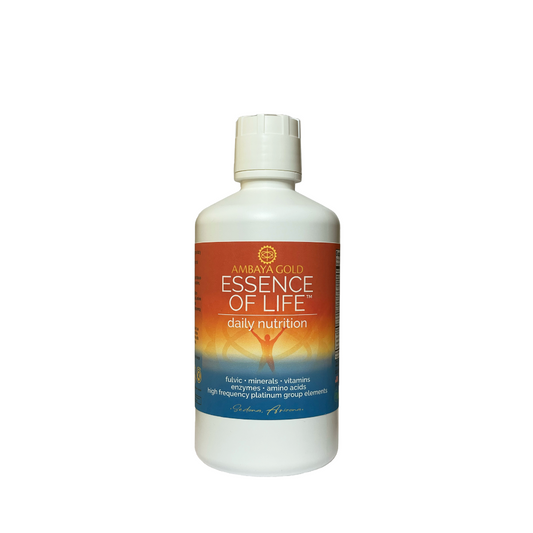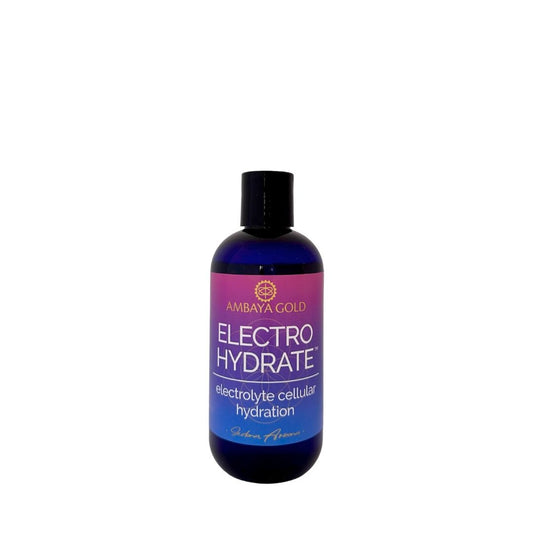Maintaining optimal health sometimes requires more than just a balanced diet. There's been a strong demand by many to further understand the essential nutrients our bodies need. Among these nutrients, ionic minerals play a pivotal role in supporting overall well-being. In this blog, we’ll explore what ionic minerals are, their health benefits, dietary sources, and how incorporating them into your routine can enhance your vitality.
What Are Ionic Minerals?
Ionic minerals are electrically charged minerals that possess either a positive or negative charge, making them highly bioavailable. This electrical charge allows these minerals to interact with water and be readily absorbed at the cellular level. Unlike other forms of minerals, ionic minerals are in their most elemental state, which means they do not need to be broken down by the digestive system to be utilized by the body.
Health Benefits of Ionic Minerals
Ionic minerals are essential for countless physiological processes, including:
-
Electrolyte Balance: They help maintain the body's fluid balance, regulate nerve impulses, and support muscle function.
-
Bone Health: Minerals such as calcium, magnesium, and phosphorus contribute to strong and healthy bones.
-
Energy Production: Minerals like iron and magnesium are vital for the body’s energy production processes.
-
Immune Support: Zinc and selenium play a significant role in supporting the immune system.
-
Enzyme Activation: Many ionic minerals act as cofactors for enzymes, enabling critical biochemical reactions.
-
Detoxification: Minerals like fulvic acid support the elimination of toxins and heavy metals from the body.

Dietary Sources of Ionic Minerals
Incorporating a variety of whole foods into your diet ensures you receive a spectrum of ionic minerals:
-
Leafy Greens: Spinach, kale, and Swiss chard are excellent sources of magnesium and calcium.
-
Seafood: Oysters and fish provide iodine, zinc, and selenium.
-
Nuts and Seeds: Almonds, pumpkin seeds, and sunflower seeds are rich in magnesium, zinc, and iron.
-
Whole Grains: Quinoa, oats, and brown rice contain trace minerals like manganese and phosphorus.
-
Fruits: Bananas, oranges, and avocados are high in potassium and magnesium.
-
Legumes: Lentils, chickpeas, and black beans provide iron and other trace minerals.
While a balanced diet is crucial, modern agricultural practices and soil depletion can result in lower mineral content in food. For this reason, supplementing with ionic minerals may be beneficial.
Super Conductive Ionic Minerals
Our product, Super Conductive Ionic Minerals, offers a convenient and effective way to replenish essential minerals and support overall well-being. This advanced formula contains a comprehensive blend of essential minerals and potent monatomic ingredients to promote holistic wellness.
Key features include:
-
Comprehensive Mineral Profile: Supplies a broad spectrum of ionic minerals essential for health.
-
Liquid Fulvic Base: Enhances absorption, allowing for rapid assimilation and cellular support.
-
Potent Monatomic Ingredients: Delivers advanced support for optimal wellness.
Incorporating Super Conductive Ionic Minerals into your daily regimen provides an easy and effective solution for meeting your body’s mineral needs. This formula is designed to work synergistically with your body, promoting enhanced vitality and balance.
Sources
-
U.S. Department of Agriculture (USDA): "Mineral Nutrition Information."
-
National Institutes of Health (NIH): "Dietary Supplement Fact Sheets."
-
Linus Pauling Institute: "Micronutrient Information Center."









